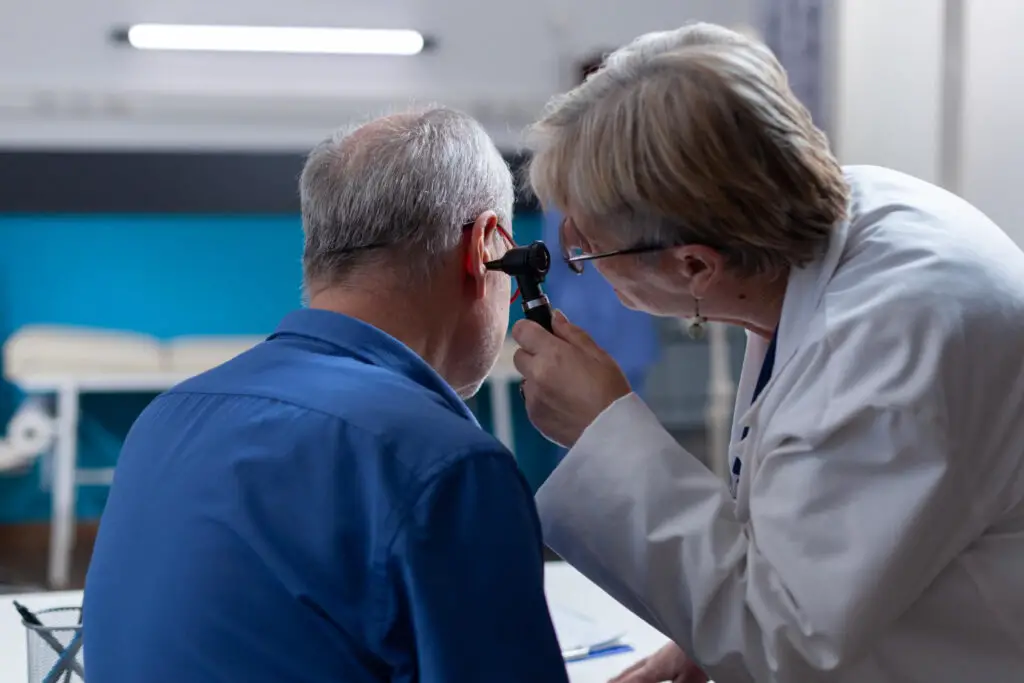9 Exciting Advances in Aging Research Boomers Should Know About

Aging is something we all share, but today it is not just about adding years to life—it is about adding life to those years. For Baby Boomers, the generation that reshaped culture, work, and lifestyle in countless ways, this stage of life brings new opportunities to stay healthier, more independent, and more vibrant than ever. Thanks to groundbreaking research, scientists are uncovering ways to slow aging, improve health, and even reverse some age-related decline.
You may have already seen headlines about miracle drugs, brain health breakthroughs, and lifestyle changes that promise to extend vitality. But what is hype and what is real? Let’s take a look at nine exciting advances in aging research that are backed by science and could make a difference for Boomers in the United States.
1. A Shift from Treating Diseases to Targeting Aging Itself

For decades, medicine has focused on treating specific diseases—heart disease, diabetes, or Alzheimer’s—after they appear. But researchers are now studying the biology of aging itself, the root processes that make the body more vulnerable to all of these conditions. The idea is simple yet powerful: if we can slow down or repair the underlying aging process, we may be able to prevent multiple diseases at once. This is not science fiction—it is a growing field known as geroscience, and it could lead to a healthier and more independent future for older adults.
2. The TAME Trial and Metformin’s Promise

One of the most talked-about projects in aging research is the Targeting Aging with Metformin (TAME) trial. Metformin is a decades-old diabetes drug that has shown intriguing signs of extending lifespan and protecting against age-related diseases in observational studies. The TAME trial, based in the United States and backed by respected researchers, aims to test whether metformin can delay the onset of multiple chronic conditions in older adults. If successful, it could open the door for using safe, affordable drugs to help people age more healthfully—not just treat illness after it strikes.
3. Alzheimer’s Research Breakthroughs

Alzheimer’s disease is one of the most pressing health concerns for Boomers. The FDA recently approved new drugs such as lecanemab that target amyloid plaques in the brain, slowing the progression of early Alzheimer’s. While these drugs are not cures, they represent a new direction in treatment. Even more exciting is the progress in blood-based tests for early detection of Alzheimer’s. Instead of relying solely on costly brain scans, researchers are developing simple blood tests that may one day identify risk much earlier, giving people more time to plan, prepare, and explore treatment options.
4. Senolytics: Clearing Out “Zombie Cells”

You have probably heard the term “zombie cells” in the news. These are senescent cells—cells that stop dividing but do not die off as they should. Instead, they linger and release harmful substances that damage nearby healthy cells, contributing to inflammation, frailty, and age-related diseases. Senolytics are experimental drugs designed to clear out these zombie cells. Early research, including small human studies, suggests they could improve physical function and reduce disease risk. While senolytics are not yet available as approved treatments, the field is moving quickly, and this research may one day become a powerful tool in extending healthspan.
5. Calorie Restriction and the Power of Eating Less

We have long known that diet influences health, but studies on calorie restriction are revealing just how powerful it can be. Research in humans has shown that modest calorie reduction—without malnutrition—can improve markers of aging such as blood pressure, cholesterol, and inflammation. While lifelong calorie restriction is not practical for most people, this research is helping guide more achievable dietary approaches, like intermittent fasting or mindful eating. The takeaway for Boomers is encouraging: what you eat and how much you eat still makes a big difference, even later in life.
6. Hearing Loss and Dementia Prevention

Hearing loss has often been dismissed as an inevitable part of aging, but new research shows it is much more important than many realized. Studies have found that untreated hearing loss is linked to a higher risk of dementia, depression, and social isolation. The good news? Hearing aids and cochlear implants do more than improve hearing—they may also help protect brain health. For Boomers, this means that getting your hearing checked and treated is not just about better conversations at family gatherings, but also about protecting your long-term cognitive well-being.
7. Biological Age Testing: More Than Just Counting Birthdays

You know your chronological age, but do you know your biological age? Scientists are developing blood tests and other biomarker tools that measure how “old” your body really is at the cellular level. These tests look at DNA, proteins, and other biological signals to estimate your body’s functional age, which may differ from the number of candles on your birthday cake. While these tests are still mostly used in research or specialized clinics, they highlight a future where doctors could track aging more precisely and personalize health recommendations to keep you younger, longer.
8. Repurposing Old Drugs for New Benefits

Sometimes innovation is not about inventing a brand-new drug but finding new uses for existing ones. Researchers are exploring whether safe, well-known medications—like those used for blood pressure or cholesterol—might also target the biological hallmarks of aging. This approach saves time and money since these drugs are already widely used and understood. For Boomers, this could mean more affordable and faster access to treatments that not only manage one condition but also slow the overall aging process.
9. The Timeless Role of Lifestyle Habits

Even with all the futuristic research and drug trials, the most reliable ways to age well remain surprisingly simple. Good sleep, regular exercise, a balanced diet, stress management, and meaningful social connections continue to be the strongest predictors of healthy aging. Research confirms that these lifestyle factors can reduce the risk of chronic diseases, protect brain health, and improve quality of life. For Boomers, this is empowering news: you do not have to wait for the latest drug approval to make a real impact on your health—you can start today.
Final Thoughts

Aging research has entered an exciting new chapter. From innovative drugs like senolytics and metformin to lifestyle strategies and early detection tools, science is offering hope for longer, healthier, and more fulfilling lives. While some advances are still in the lab and others are just beginning to reach patients, the overall message is clear: growing older no longer has to mean slowing down.
For Baby Boomers, staying informed and engaged with these developments is about more than curiosity—it is about taking control of your future. Whether it is trying new hearing technology, improving your diet, or simply keeping an eye on upcoming breakthroughs, every step counts toward living not just longer, but better. After all, this generation has never been one to sit on the sidelines, and the future of aging is no exception.
Leave a Reply